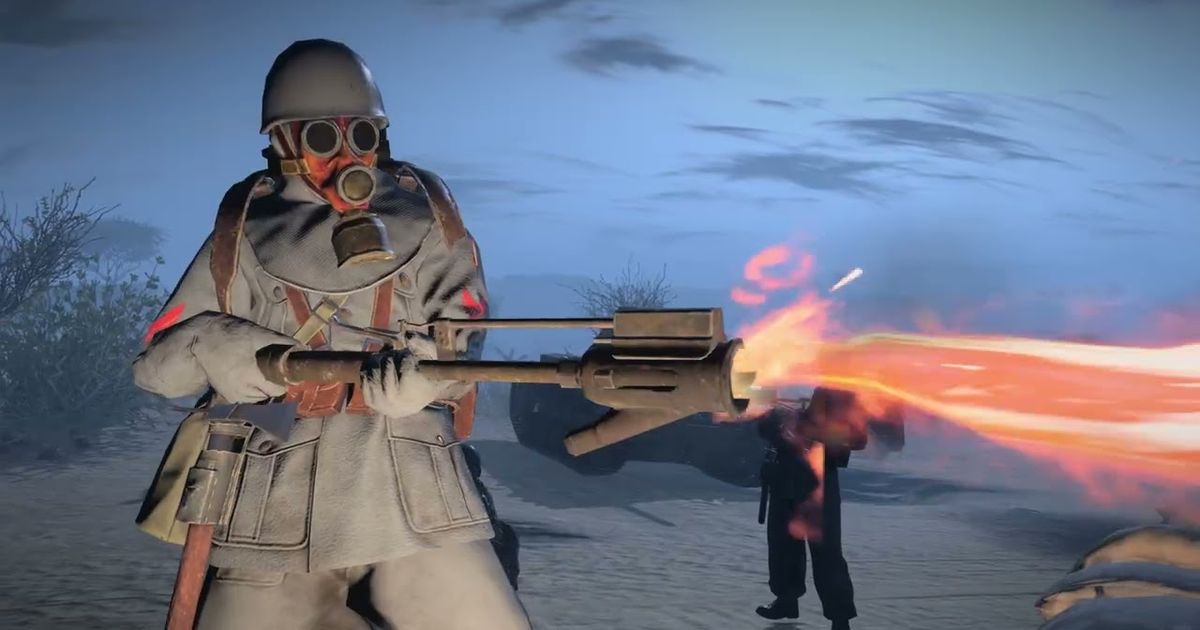Before the screening of director Ināra Kolmanes’ new film, Ilga Erba, director of Liepāja’s Central Scientific Library, invited those who have read Nora Iksten’s novel “Mother’s Milk” to raise their hands. A forest of hands went up. “The book and its reading have a long and rich life. It was published in 2015 and in Liepāja, on our side, it was read almost two thousand times,” she revealed.
The film tells about three generations of women, its action takes place from the end of World War II to the Renaissance. Astra, played by Elina Vaska-Botter and Maia Doveik, is a talented doctor, but when she comes into conflict with the Soviet regime, she loses any career opportunities, her life falls apart, and her daughter Nora (Ruth Kronberg) tries to be a support to her mother and also experiences her own transformation path towards life in already free Latvia.
Liepāja theater actress Kintija Stūre plays an episodic role in the film – Astra’s childhood friend Ruta. “I’m nervous because I have the feeling of a premiere,” said the actress. ”Ruta is a relatively minor character who does not appear throughout the film. However, if it wasn’t for Ruth, Astra wouldn’t go to the ball and there wouldn’t be Nora either.”
Aija from Liepāja wanted to cry throughout the film, but held back because she didn’t have a handkerchief with her.
“I didn’t expect that it could represent the thoughts and feelings of the little girl I read in the book. The filmmakers took more of the mother’s line, showing how Astra was broken and completely destroyed,” she said.
Being a member of the Astra generation, the woman remembers that she herself did not know anything about the nature of the Soviet regime. “My father was in the legion and during the Soviet era he was afraid to open his mouth, no one in the family said anything to the child. I remember that we scolded the girls at the institute. I said – it’s so good here, everything is for nothing, we have the best life,” said Aija.
On the other hand, Agnese and Egita can associate themselves with Nora. “When watching the film, nostalgia arises, because it was our childhood, we have good memories from those times,” said Agnese.
Like children, they liked all the pioneer activities – collecting waste paper and walking. “We studied in a mixed school, the parades were in Russian,” Egita recalled. “When Brezhnev died, we were in first grade. I actually cried while watching the funeral on TV,” revealed Agnese.
Just like Nora, both women’s views on life changed when Latvia began to regain its freedom. This is perfectly shown at the end of the film – Nora goes on the tracks, she will go her own way.
A group of young actors from the Liepāja theater watched the film together with K. Stūri. Hugo Puriņš thought that his generation heard about all this from their parents, but seeing it visually is of course more interesting.
“I think that the film would be valuable for foreigners who have no idea at all,” said the actor.
Madara Vilchuk emphasized that currently it is very important to remind people about this past time. “I felt gratitude at one point that I live in my country and in the present, and this should be appreciated,” she emphasized.
Kintia found the film very effective and incited disgust for the Soviet times, for what Astra was forced to experience. “All of us have it somewhere in our blood, in our gene pool, even though we didn’t experience it ourselves. Never want it to happen again!” said the actress.

